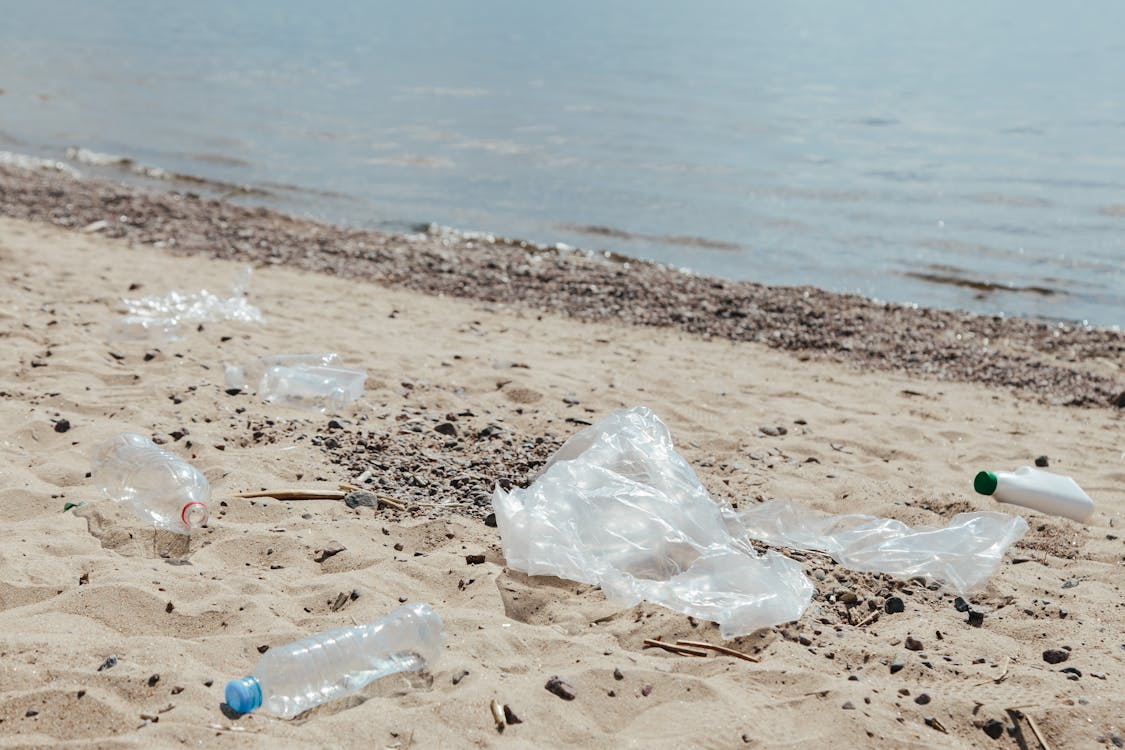News Flash
News Flash

Selina Sheuly
DHAKA, Jan 24, 2025 (BSS) - Plastic Exchange Store, an initiative of Cox's Bazar district administration that started on November 7, 2024, has collected around 45 Metric Tons (MTs) waste within 76 days from the Cox's Bazar-Saint Martin's Island areas.
The district administration has taken the initiative for four months on an experimental basis which will continue till March 7, 2025 to discourage the use of plastic.
Under the initiative, tourists and local people can get essential products by depositing plastic bottles.
Talking to BSS, Cox's Bazar Deputy Commissioner (DC) Mohammad Salahuddin said that as part of the government's 'Plastic Pollution Prevention Program in the Sea', the district administration has set up two plastic exchange stores at Sugandha Point and Inani Point in Cox's Bazar and one store at Saint Martin.
"Tourists feel happy as they get hobby products. Local poor people are also getting benefits by depositing plastic bottles and taking various daily necessities. As of January 23, a total of 4,132 people received gift items under this initiative of 'Give Plastic, Get Gift'," he added.
According to the district administration, the market value of the gift items is about Taka 32.83 lakh.
Salahuddin urged all to provide collective efforts to save Cox's Bazar and Saint Martin from environmental pollution.
"Cox's Bazar -Saint Martin Island is a paradise of natural beauty. Everyone's collective efforts can save Cox's Bazar and Saint Martin from environmental pollution. I hope that this area will become well established with natural resources by preventing environmental pollution," he added.
He said that the government has allowed entering ships into Saint Martin, but has stopped taking polythene to protect the island from environmental pollution.
The 'Give Plastic, Get Gift' scheme is becoming popular day by day in Cox's Bazar and Saint Martin. Especially for the locals and the poor, this process has improved their daily life a little while protecting the environment.
This initiative aims at limiting plastic pollution while allowing impoverished communities to obtain essential items through the exchange process, positively impacting their daily lives.
At the store, people can exchange the empty containers or bottles of used products and take daily necessities including rice, pulses, oil, sugar, and salt. Since this creates an incentive structure in terms of the demand of people's daily necessities being met, the environmental pollution will reduce.